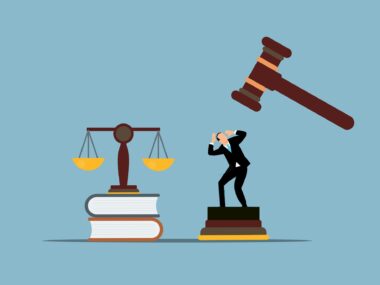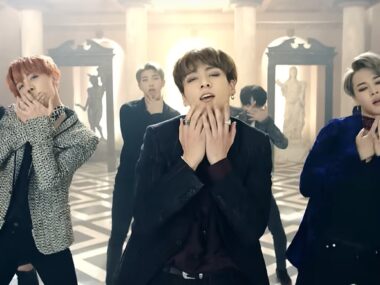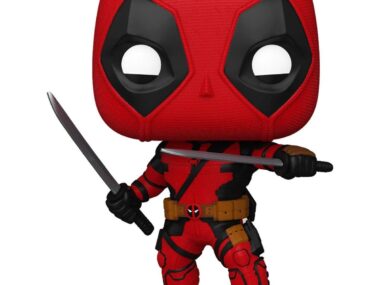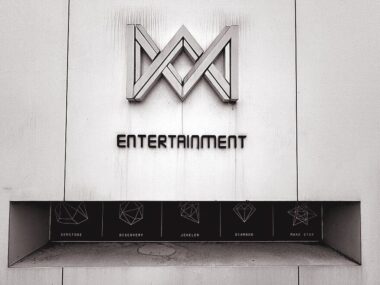There’s been a lot of debate among K-pop fans on whether idols should promote brands with ties to Israel while Gaza is under attack? At the heart of the controversy is whether idols themselves should be held accountable. Do idols have a responsibility to take a stand against Israel’s assault on Gaza? Or should the blame rest solely on their agencies? Before we dive in, it’s important to understand why the boycott exists in the first place.
A Brief Summary of the Gaza War
On October 7, 2023, Hamas launched a surprise attack on Israel, firing rockets and sending fighters across the border. Over 1,195 Israeli and foreign nationals were killed and 251 civilians were taken hostage. In response, Israel declared war on Hamas and began a massive military campaign in Gaza.
Israel’s assault has killed tens of thousands of Palestinians, most of them women and children. Even more have been displaced and are suffering from a starvation crisis. Israel’s actions have drawn condemnation across the world. The UN, humanitarian groups, and much of the global community has condemned Israel’s actions as being disproportionate. They’ve labeled Israel’s response to the October 7th attack a genocide against Gazans and a possible violation of international law. law. The catastrophic conditions Gazans are forced to live in has fueled worldwide anger.
This led to the creation of the Boycott, Divestment, and Sanctions (BDS) movement. The boycott calls on consumers to avoid brands who support Israel’s military or benefit from its policies in Palestine. Among the biggest names facing boycott calls are McDonald’s, Starbucks, and Coca-Cola.
The Rumored McDonald’s Deal and Backlash
Leaked posters featuring NCT’s Mark Lee promoting a new McDonald’s pizza in Korea set off alarms among international fans. While SM Entertainment and McDonald’s Korea haven’t officially announced the deal, the images sparked outrage online.
McDonald’s Israel subsidiary provided thousands of free meals to Israeli soldiers during the Gaza war. For boycott supporters, any collaboration with the brand feels like complicity.
Fans are split. Some argue that Mark, as one of NCT’s most recognizable members, should have known better. Others believe the real responsibility lies with SM Entertainment, which has final say over sponsorships.
Who Really Controls Endorsements?
Here’s the uncomfortable truth: most idols don’t have much choice. Under Korea’s strict agency contracts, especially early in their careers, idols are essentially bound to whatever deals their company accepts.
Take SM Entertainment as an example. EXO-CBX revealed that SM’s contracts last seven years, with a three years extension for overseas work. Mark debuted in 2016, meaning his contract runs until 2026. Until then, it’s unlikely he has the legal freedom to reject a deal like McDonald’s, no matter what he thinks personally.
Yes, Mark is popular as he’s one of NCT’s most recognizable members. But he’s not BTS, BLACKPINK, or TWICE-level popular, where he actually has any leverage. For idols like him, turning down a brand deal could mean violating their contract.
When Idols Do Have a Say
That brings us to BTS. Unlike Mark, BTS members have admitted they do get to pick and choose endorsements. Jin himself said on Weverse that they have that level of control, something very few idols ever achieve.
Which is why their TinyTan x McDonald’s collaboration hit differently. Even if they didn’t know about the boycott at first, they certainly know now. Fans have been loud on social media, and global media has reported on it. For BTS, the choice to continue partnering with McDonald’s feels deliberate.
So while Mark’s situation might be about lack of agency power, BTS’s is about priorities. They had the ability to walk away and didn’t.
Why Agencies Keep Saying Yes
If fans are this upset, why do Korean agencies keep signing deals with these brands? Three reasons:
- Money and Visibility: McDonald’s, Starbucks, and Coca-Cola are global giants with deep pockets. For agencies, the financial upside outweighs international criticism.
- Contractual Control: Idols, especially early in their careers, have little say. Agencies have final say endorsements.
- Fan Markets. Korean and Chinese fans spend the most money on albums and tours. Unless those fans join the boycott, agencies feel little incentive to change. Western outrage rarely affects their bottom line.
Should K-pop idols be endorsing brands linked to Israel? The answer depends on the idol. For someone like Mark Lee, the bigger issue is how little control he actually has over his career. For BTS, the criticism feels more justified because they do have power and chose profits over principle.
At the end of the day, the blame doesn’t just sit with the idols. It sits with the agencies, the corporations, and the fans who keep supporting these partnerships. Until the boycotts affect the markets that matter most (Korea and China) don’t expect much to change.






